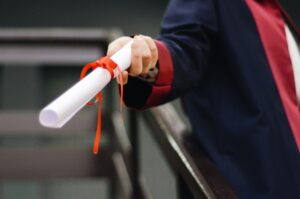INDIAN OCEAN TRAVEL by TOURISMER


Education and sustainable development
Education reduces poverty and contributes to a country's stability. Education enables children to become part of the local socio-economic fabric and to find stable, lasting employment. It stimulates productivity, innovation and entrepreneurship.
take on the challenges
of theeducation for everyone
This commitmentrequires a major effort in recruitment and training teachers to cope with the workforce growth.
But we also need to find solutions to make school accessible to all: the use of new technologies can be a particularly effective tool, including for teacher training.
diversify educational pathways
and training
The fact that all students are not at the same level does not mean that some students are not at the level.
Faced with this natural phenomenon, it is necessary to refine methodological and pedagogical responses locally adapted, to meet the needs of education but also "permanent" training for all.
Improve quality
of the education
Improving the quality of education increases the efficiency of the education system.
Promote better education provision, more in line with local expectations, to encourage quality learning and teaching, and thus reduce repetition and drop-out rates.